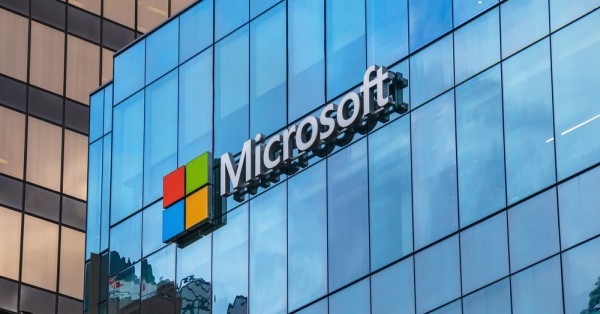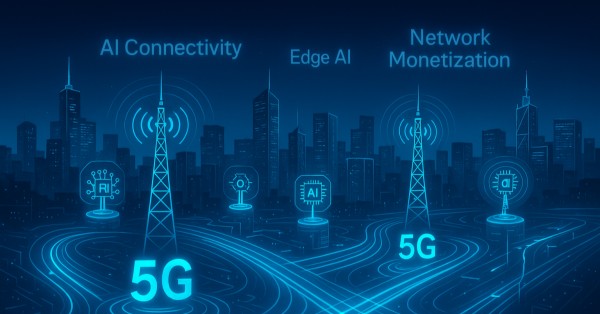OpenAI builds internal prototype with social feed capabilities
OpenAI is working on a new project that could push it further into direct competition with Elon Musk and Meta. According to multiple sources familiar with the matter, the company is developing a social network with features similar to X (formerly Twitter). The idea is still in early stages, but insiders say there’s already a working prototype with a social feed focused on image generation powered by ChatGPT.
Sam Altman seeks feedback as plans remain fluid
CEO Sam Altman has reportedly been seeking external feedback on the concept. However, it’s not yet clear if this new product will launch as a standalone app or become part of the existing ChatGPT platform, which recently became the most downloaded app globally. When asked for comment, an OpenAI spokesperson did not respond by the time of publication.
Social ambitions could fuel rivalry with Musk and Zuckerberg
OpenAI’s potential move into social media could escalate Altman’s ongoing rivalry with Elon Musk. Earlier this year, Musk made an unsolicited $97.4 billion offer to acquire OpenAI. Altman turned it down with a jab, tweeting, “no thank you but we will buy twitter for $9.74 billion if you want.”
OpenAI’s entry into the social space also positions it as a direct competitor to Meta, which is developing a standalone app for its AI assistant that will include a social feed. After reports emerged about Meta’s plans to challenge ChatGPT, Altman replied with a tongue-in-cheek post: “ok fine maybe we’ll do a social app.”
A strategy to gain access to real-time user data
By launching its own social platform, OpenAI would gain access to real-time user interaction data—something platforms like X and Meta already use to train their own AI models. For example, Musk’s AI assistant Grok pulls live content from X to power its responses. He recently merged X and xAI into a single company, further aligning the platform with AI development. Meanwhile, Meta uses its large volume of user data to train its Llama models.
OpenAI’s social network could follow a similar model. According to people familiar with the prototype, one idea is to use AI to help users create more engaging posts. “The Grok integration with X has made everyone jealous,” said one source from a competing AI lab. “Especially how people are using it to craft viral tweets by making it say something outrageous.”
Still an experiment, but shows OpenAI’s expansion mindset
Whether this internal prototype will evolve into a full-fledged product remains to be seen. OpenAI has a wide range of projects underway, and some ideas don’t make it past the prototype stage. However, this initiative signals how the company is thinking about expansion beyond traditional AI tools. With investor and industry expectations running high, branching into social media could be one of many ways OpenAI seeks to grow its platform.



























